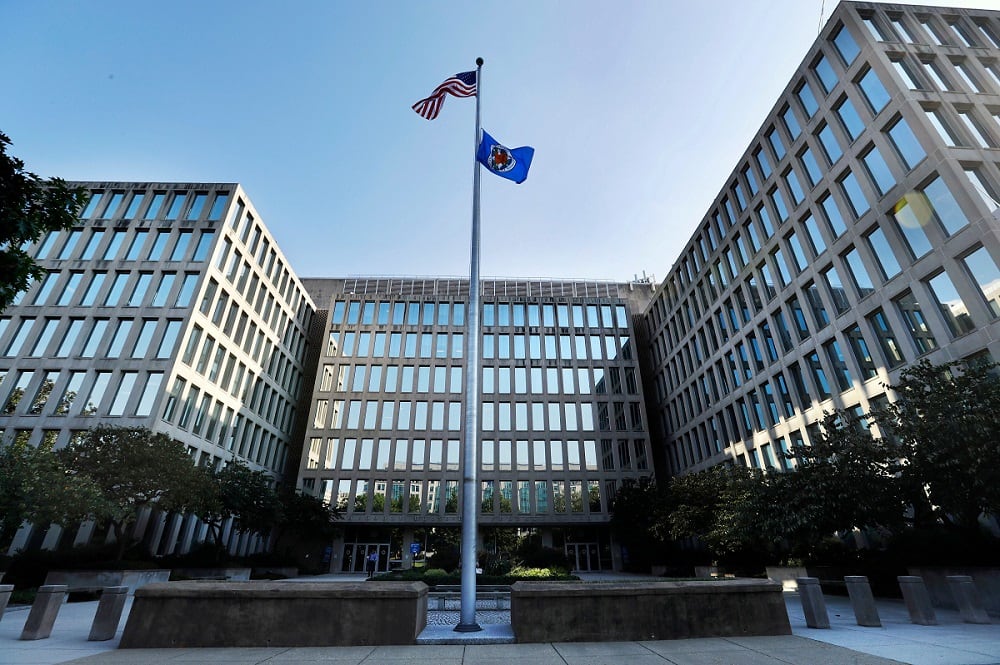Federal agencies embraced significant telework in the last in order to ensure safety for employees during the ongoing COVID-19 pandemic, but the nominee for the head of the Office of Personnel Management also sees the practice playing an important role in the federal government of the future.
“I’m very much in support of the opportunities that telework and remote work would provide, and if confirmed as OPM director, that would definitely be something I would be leaning into,” nominee Kiran Ahuja told members of the Senate Homeland Security and Government Affairs Committee April 22.
Even prior to the pandemic, federal employees that took advantage of telework reported greater satisfaction with their jobs and a greater ability to remain productive. Agencies like the Department of Transportation found that many work units improved in performance after pandemic-response telework measures were implemented.
RELATED

Members of Congress, some representing more rural parts of the country, have noted that greater telework availability spreads the wealth of federal jobs to greater parts of the country.
But despite the fact that OPM has historically supported expanding telework offerings over the past several years as a means of increasing retention and employee satisfaction, some agencies cut back on telework prior to the pandemic, citing the need to improve performance measures.
“Not only does [telework] give opportunities to individuals who are not necessarily based in an urban center, but a way to actually provide service and give our thanks to military spouses in places where they are located in remote locations,” said Ahuja.
RELATED

She also made the argument that telework could stand to save the government money in the long term, as full-time telework employees may draw on less locality pay if they live in less expensive areas. And agencies can save money on office space footprints if a large number of employees are working more often from home.
Jessie Bur covers federal IT and management.
In Other News



